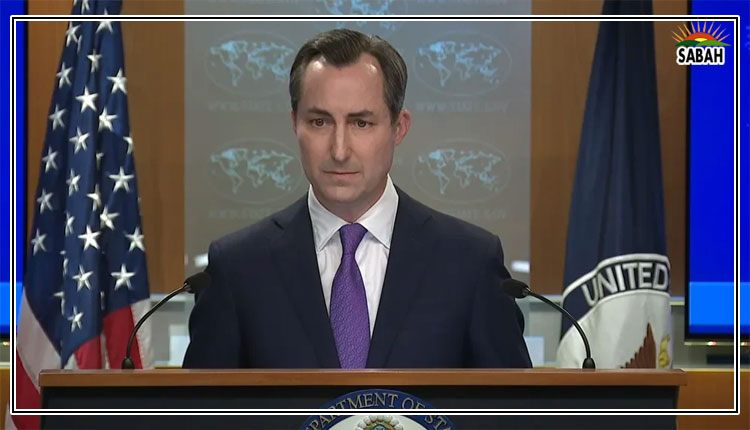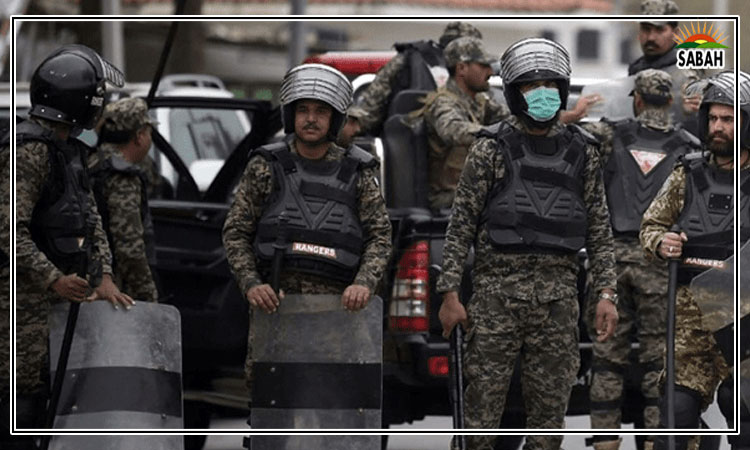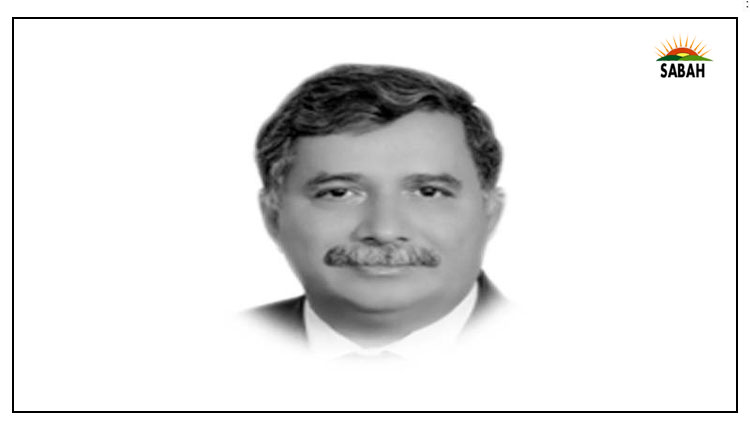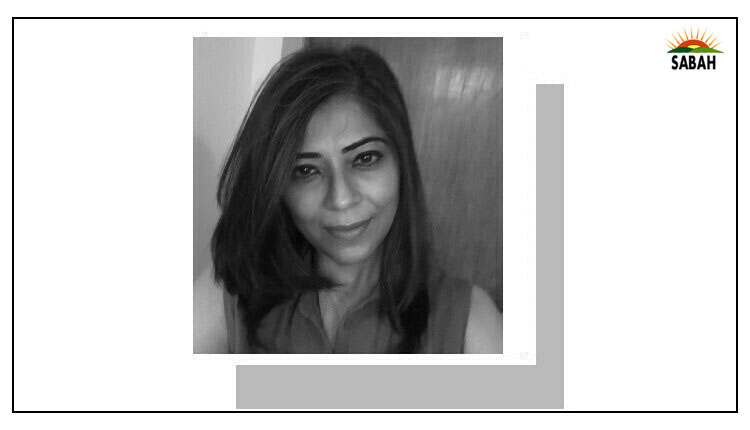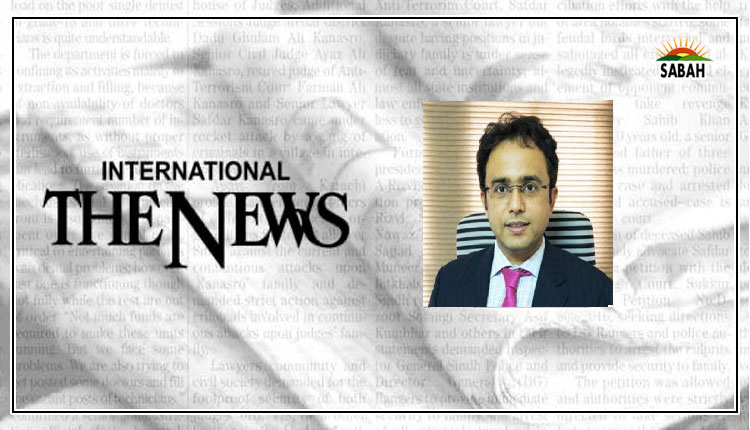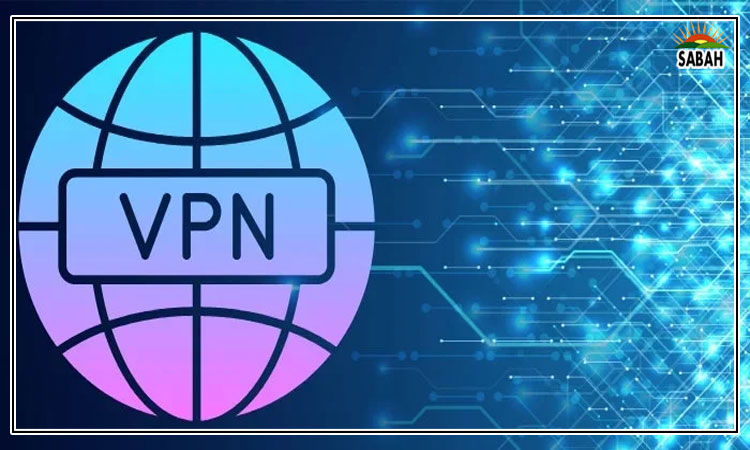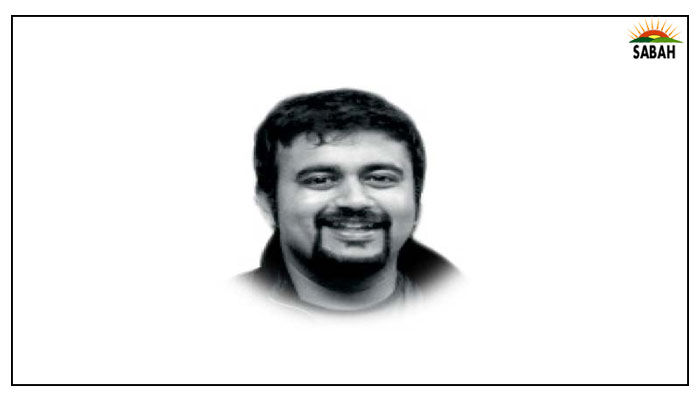Elections in an uncharted territory!….. Adnan Anjum
Digital media has undergone significant expansion in recent years, leading to the popularisation of information as anyone with an internet connection and a mobile phone has the power to influence public opinion. The Pakistan Telecommunication Authority (PTA) reports over 191 million mobile phone users and more than 130 million broadband subscribers. Popular social media platforms like Facebook, Twitter and Instagram have also witnessed a corresponding increase in their user base. The rise of social media and how it has been utilised by political actors has played a critical role in fostering societal polarisation and fragmentation. While this phenomenon has been extensively studied globally, there is a dearth of research on its specific impact in Pakistan, making it a largely uncharted territory, particularly within the electoral space.
Social media may have led to numerous disruptions, particularly in the realm of electoral politics, as it has become a breeding ground for misinformation and disinformation on a wide range of subjects. However, it is also concerning how the state is dealing with this expansion, which continues to contradict the fundamental principles of freedom of speech and expression. The enactment of the Prevention of Electronic Crimes Act (PECA) in 2016, and subsequently the Removal and Blocking of Unlawful Online Content Rules in 2020 has granted PTA powers to selectively censor and restrict content based on subjective interpretations. Moreover, PECA empowers the FIA to take action against cybercrimes, which also remain subject to their own interpretation.
While the state seems to have dedicated significant attention to controlling the digital space for its potential benefits, no effort is being made to understand this space and its role in fueling polarisation and societal divisions, particularly in the context of elections. The extensive use of social media during electoral campaigns raises serious questions about a level playing field, and the state’s response to it has been negligible.
Major political parties continue to finance their campaigns extravagantly. This is primarily because the Elections Act, 2017 only defines spending limits for individual candidates, with no provisions for regulating political party expenditures. Furthermore, the exuberant spending in the digital space remains largely unregulated, primarily due to a general lack of understanding of the election management body, and the absence of any guidelines or legal frameworks to govern it. It is important to clarify that advocating for regulation does not mean providing blanket powers to a state institution to take actions that are contrary to fundamental rights, but rather to safeguard them to ensure fair and just elections.
The Elections Act, 2017 defines spending limits of Rs10 million for candidates contesting for a national assembly seat and Rs4 million for a provincial assembly seat. The campaign expenses are monitored by the election management body, with expenditures being tracked through designated bank accounts submitted at the time of nomination. Any expenses incurred on behalf of the candidate are not considered expenses borne by the candidate. This raises concerns, particularly within the digital space, where campaign expenses can be funded by individuals who are not candidates or even located outside the country.
Reforms are urgently required to address these campaign finance activities. In the absence of the Parliament, the Election Commission must take a proactive role in developing transparent guidelines to monitor campaign expenses, especially those occurring in the digital space. The Commission could collaborate with financial regulatory institutions such as the State Bank to submit periodic reports on transactions made via social media outlets specifically focused on election campaigning. It may also be necessary to mandate social media companies to register themselves under Pakistani law to ensure accountability. Furthermore, the Commission should formulate a specific code of conduct for parties and candidates for the use of social media during elections, recognising its potential to influence electoral outcomes. If left unaddressed, the unchecked digital space in elections could further polarise public sentiment in favour of perceived accurate results, exacerbating our existing issues.
Courtesy The Express Tribune, September 18th, 2023.


